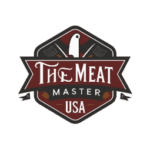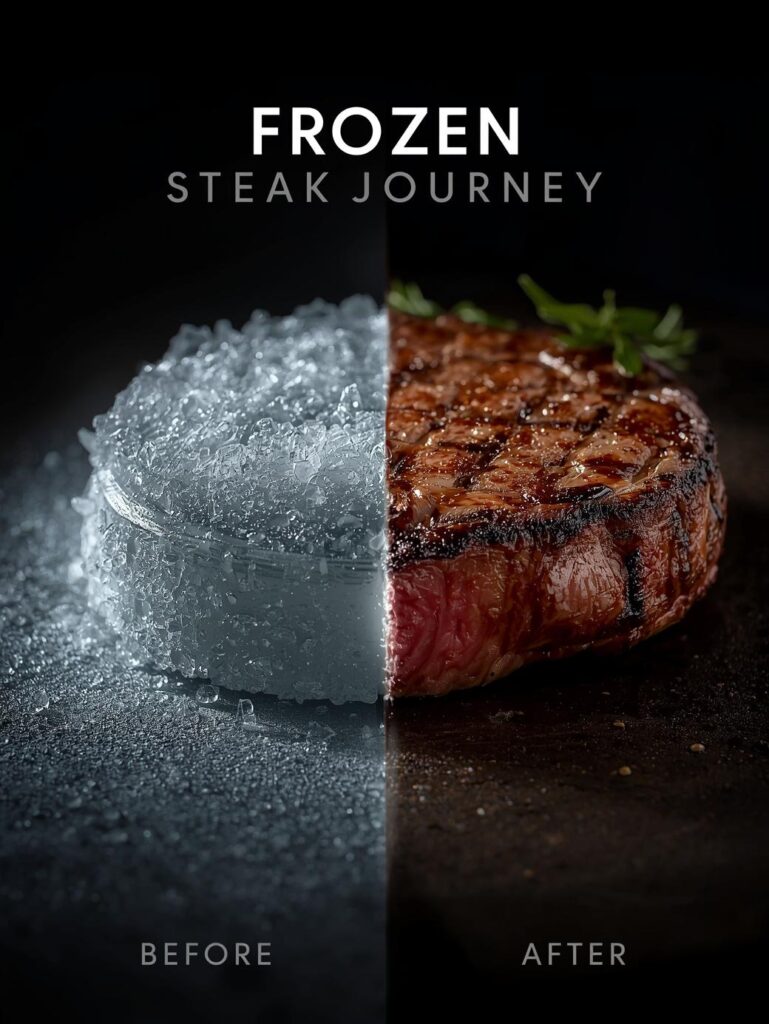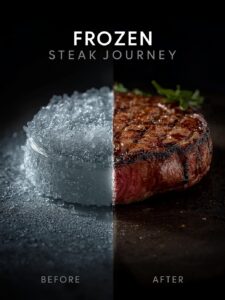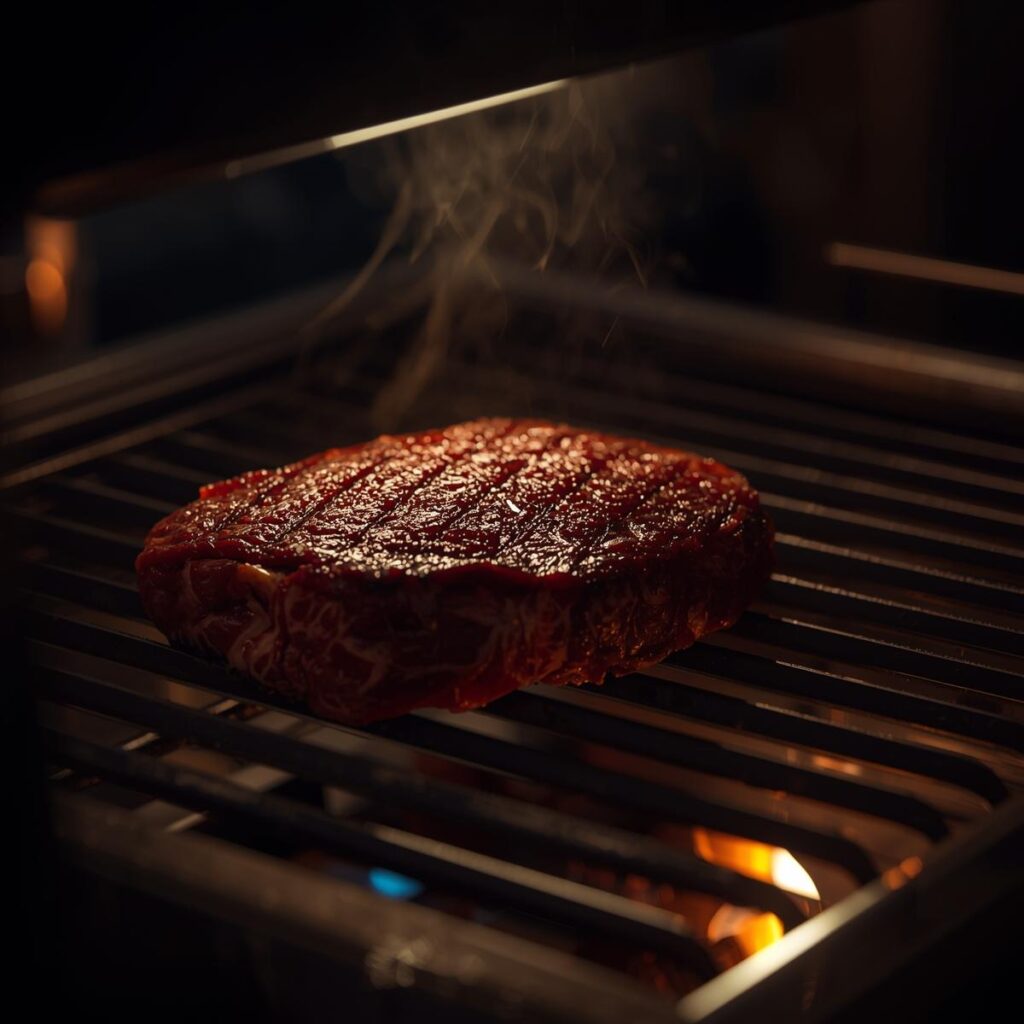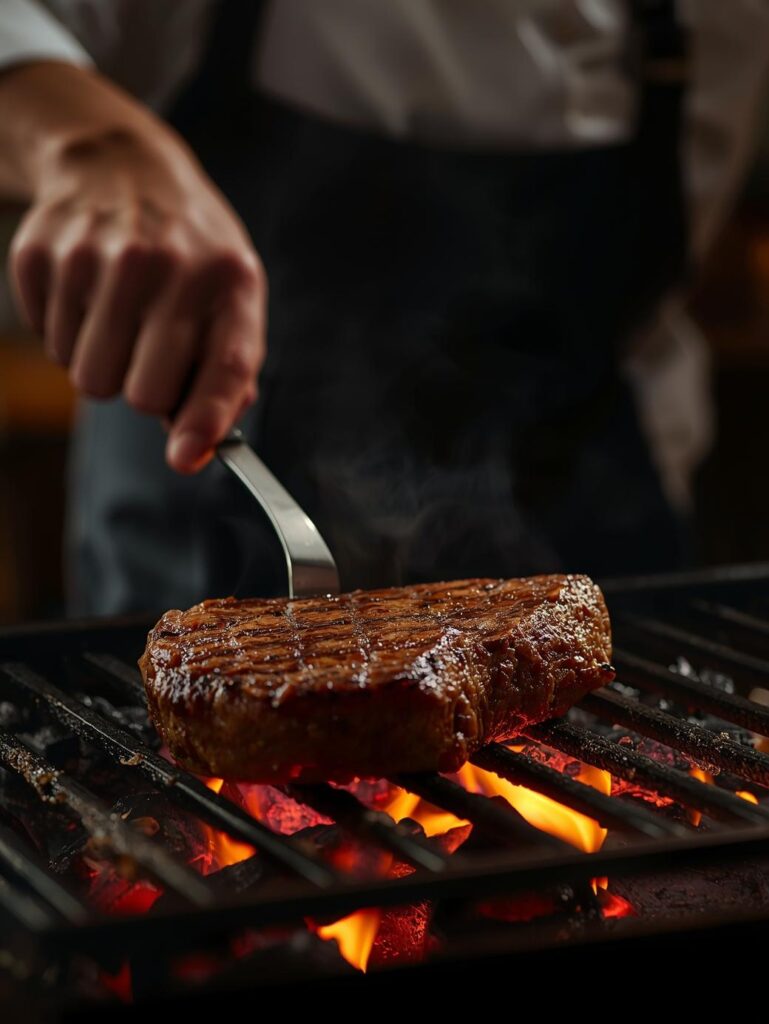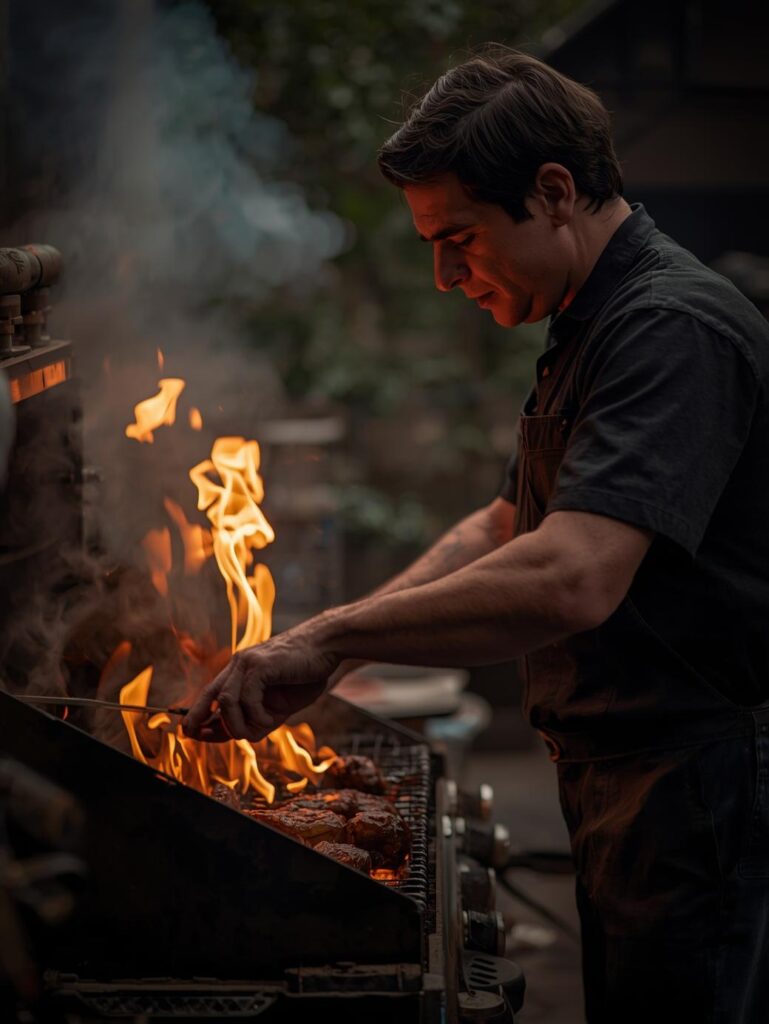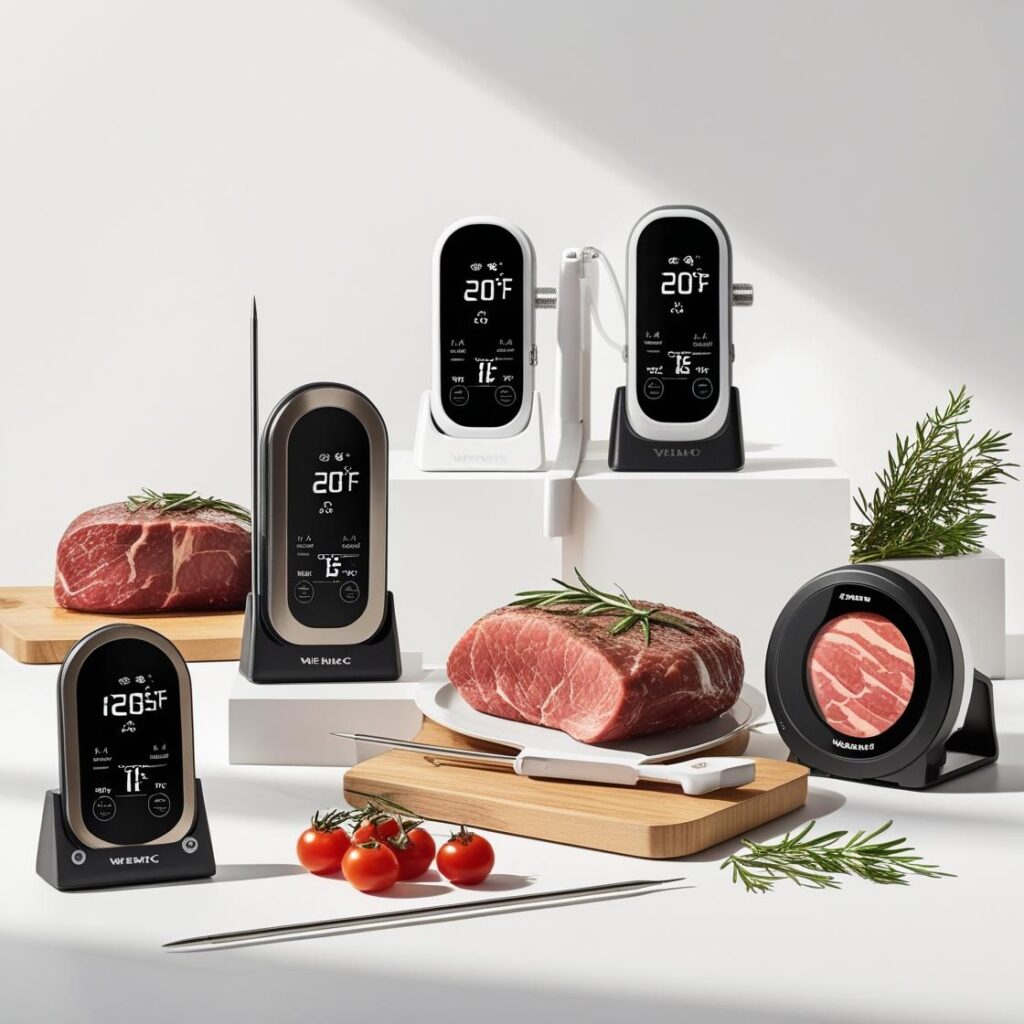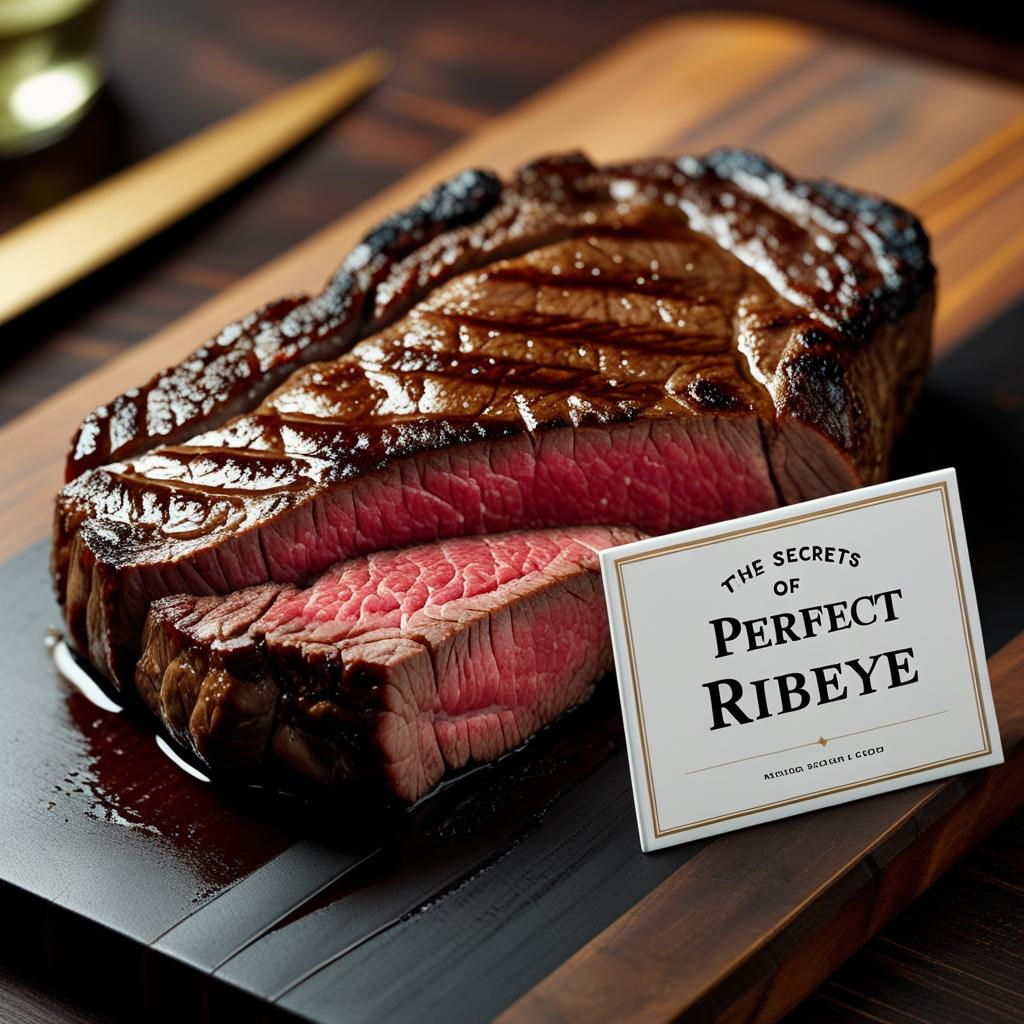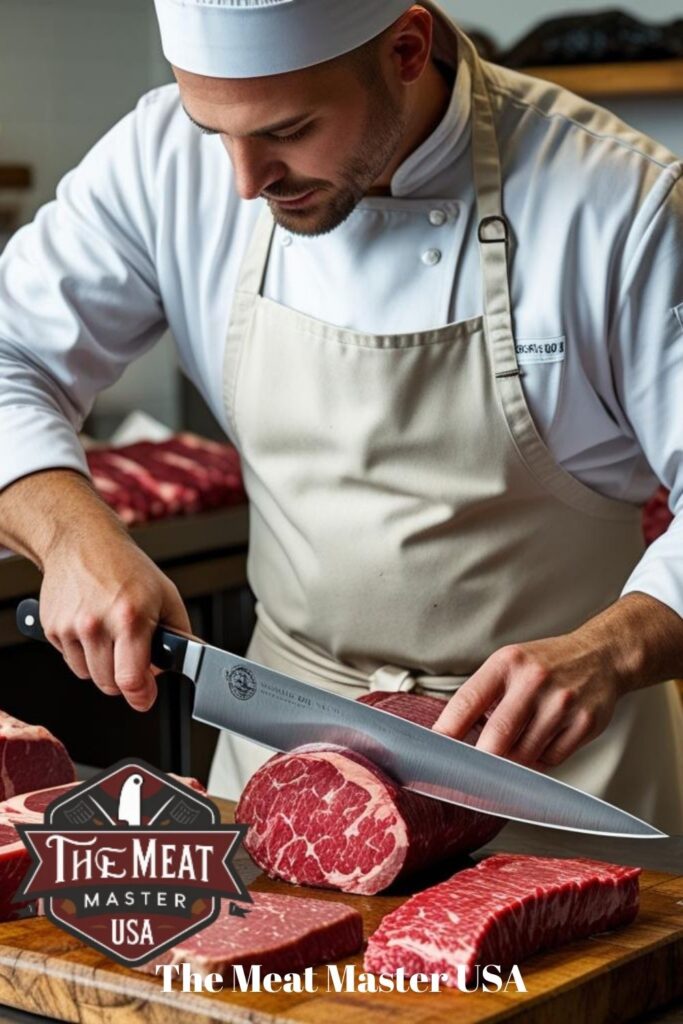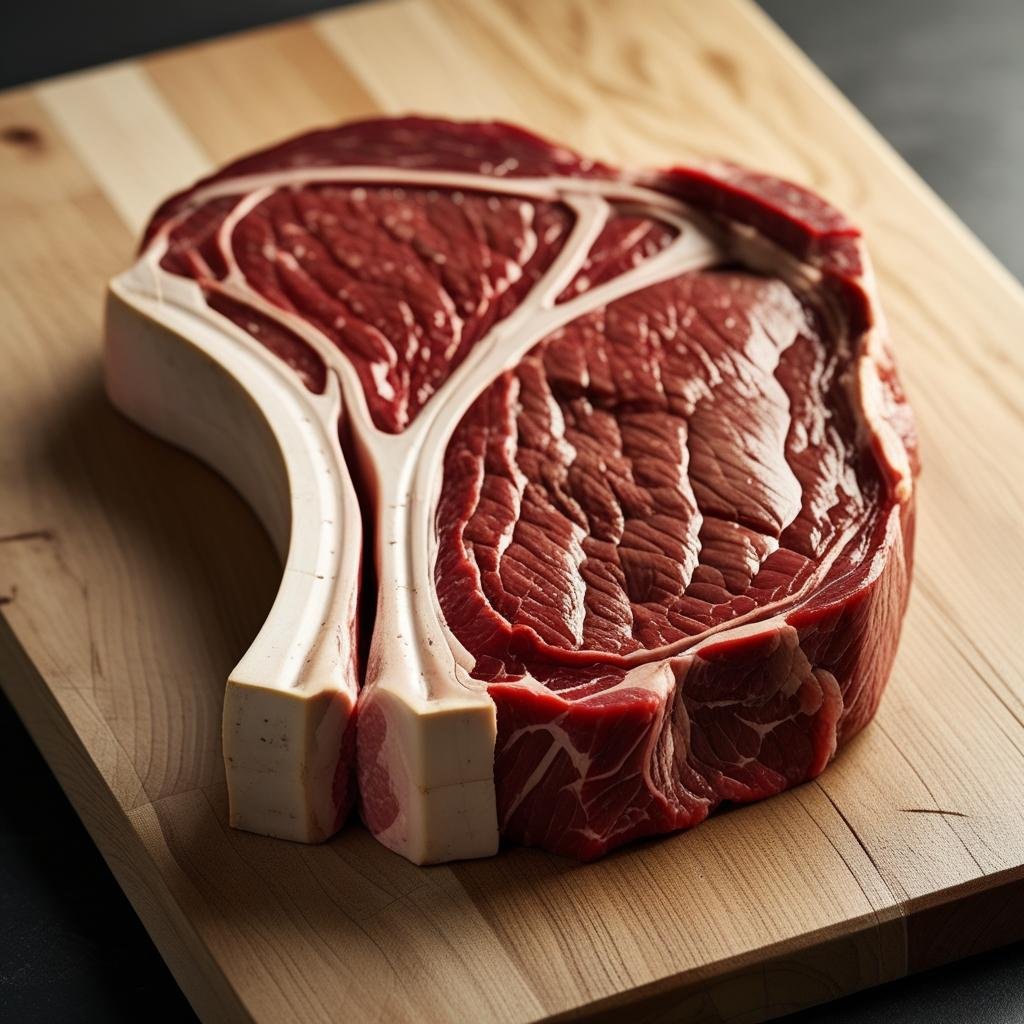Expert’s Note: This essential guide builds on our Steak from Fridge Guide. While purists may shudder at frozen steak, modern freezing technology and proper techniques can deliver exceptional results. The key isn’t avoiding frozen steak—it’s mastering the science of temperature management from freezer to grill.
FROM FREEZER TO GRILL: HOW TO SAFELY THAW AND COOK FROZEN STEAK
“Frozen steak isn’t a compromise—it’s an opportunity. Modern freezing locks in freshness at the peak moment, preserving quality that can rival fresh meat. The secret isn’t avoiding ice crystals; it’s managing their journey from solid to sublime. Master this temperature transformation, and you turn freezer emergencies into grill triumphs.”
From Freezer to Grill: How to Safely Thaw and Cook Frozen Steak
Download our free Frozen Steak Thawing & Cooking Timeline Calculator for perfect results every time.
The siren call of a perfectly grilled steak often clashes with the reality of meal planning. You discover premium steaks buried in your freezer with guests arriving in hours, or you find a great deal but lack immediate grilling plans.
Conventional wisdom says frozen steak is doomed to mediocrity, but science and technique say otherwise. This guide transforms frozen steak from a culinary compromise into a strategic advantage, teaching you to navigate the journey from ice-cold to perfectly grilled with food safety and spectacular results.
🔬 THE SCIENCE OF FROZEN STEAK: UNDERSTANDING THE ENEMY
Before tackling techniques, understand what happens to steak during freezing and why it matters.
⚙️ The Ice Crystal Effect
How Freezing Affects Meat Structure
- Cell Wall Damage: Slow freezing creates large ice crystals that puncture cell walls, leading to moisture loss during thawing and cooking. This is why improperly frozen steak can taste dry.
- Commercial Advantage: Flash-frozen steaks use extremely low temperatures (-40°F) that create tiny ice crystals, minimizing cell damage. This is why high-quality frozen steak can outperform mediocre fresh steak.
- Protein Denaturation: Freezing causes some protein unfolding, which can actually make meat more tender if handled correctly during thawing and cooking.
- Oxidation Prevention: Proper freezing halts enzymatic and bacterial activity, preserving the steak at its peak far longer than refrigerated meat.
The goal isn’t to avoid freezing damage entirely, but to manage it strategically.
🎯 The Temperature Danger Zone: Safety First
✅ Safe Thawing Methods
- Refrigerator thawing (24-48 hours)
- Cold water bath (1-2 hours)
- Microwave (immediate cooking)
- Direct from frozen (special technique)
- Always cook immediately after thawing
❌ Dangerous Practices
- Thawing on counter at room temperature
- Leaving in warm water
- Refreezing thawed meat
- Partial thawing then storing
- Thawing in direct sunlight
🕒 THE FOUR THAWING METHODS: COMPLETE BREAKDOWN
Choose your thawing method based on available time and desired results.
❄️ Method 1: Refrigerator Thawing (Gold Standard)
The Slow & Steady Champion
- Time Required: 24 hours for 1-inch steaks, 48 hours for 2-inch or thicker cuts
- Process: Place frozen steak on a plate or tray in the refrigerator, keeping original packaging or rewrapping tightly
- Temperature Safety: Maintains steak below 40°F throughout process, completely food-safe
- Result Quality: Preserves texture and moisture best, allows for dry-brining if desired
- Best For: Planning ahead, premium cuts where quality is paramount
💧 Method 2: Cold Water Bath (Speed Thawing)
The Balanced Approach
- Time Required: 30 minutes per pound, approximately 1-2 hours for most steaks
- Process: Submerge vacuum-sealed or tightly wrapped steak in cold water, changing water every 30 minutes
- Temperature Safety: Water must remain below 40°F—use ice packs or frequent water changes
- Result Quality: Very good, slightly more moisture loss than refrigerator method
- Best For: Same-day cooking when you have 1-3 hours lead time
⚡ Method 3: Direct from Frozen (Advanced Technique)
The No-Thaw Solution
- Time Required: No thawing time, but longer cooking time (50-100% longer than thawed)
- Process: Cook frozen steak using low-heat start or two-zone grilling method (detailed in cooking section)
- Temperature Safety: Completely safe—goes directly from freezer to heat source
- Result Quality: Surprisingly good with proper technique, excellent crust development
- Best For: Emergencies, thin cuts, when you have no thawing time
Food Safety Alert: Never thaw steak at room temperature. The exterior can reach the temperature danger zone (40-140°F) where bacteria multiply rapidly, while the interior remains frozen. This creates significant food safety risks regardless of subsequent cooking.
🎯 THAWING TIMELINE MATRIX: CHOOSE YOUR METHOD
This comprehensive chart helps you select the perfect thawing method for your situation.
🎯 Frozen Steak Thawing Method Comparison
| Method | Time Required | Quality Result | Food Safety | Best For |
|---|---|---|---|---|
| Refrigerator | 24-48 hours | ⭐️⭐️⭐️⭐️⭐️ | ⭐️⭐️⭐️⭐️⭐️ | Premium cuts, planning ahead |
| Cold Water Bath | 1-3 hours | ⭐️⭐️⭐️⭐️ | ⭐️⭐️⭐️⭐️ | Same-day cooking, good balance |
| Direct from Frozen | 0 hours thawing | ⭐️⭐️⭐️ | ⭐️⭐️⭐️⭐️⭐️ | Emergencies, no planning time |
| Microwave | 5-15 minutes | ⭐️⭐️ | ⭐️⭐️⭐️ | Last resort, immediate cooking |
| Combination Method | 4-8 hours | ⭐️⭐️⭐️⭐️ | ⭐️⭐️⭐️⭐️ | Partial fridge, finish with water |
🔥 COOKING FROZEN STEAK: TECHNIQUES FOR EACH METHOD
Different thawing states require different cooking approaches for optimal results.
⏱️ Cooking Refrigerator-Thawed Steak
Treat Like Fresh Steak
- Temperature: Let come to room temperature 60-90 minutes before grilling
- Surface Prep: Pat thoroughly dry—critical for proper searing and crust development
- Seasoning: Apply salt at least 45 minutes before cooking or immediately before
- Cooking Method: Use your preferred method: two-zone grilling, reverse sear, or direct heat
- Doneness Check: Use thermometer—frozen-then-thawed steak may cook slightly faster than fresh
⚡ Cooking Direct from Frozen
The Low-Heat Start Method
- Season Frozen: Apply salt and pepper directly to frozen steak—it will adhere as surface melts
- Low Heat Start: Start on cool side of grill at 275-300°F, cook until internal temperature reaches 90-100°F
- Sear Phase: Move to screaming hot direct heat (500°F+), sear 60-90 seconds per side
- Temperature Target: Aim for 125°F for rare, 135°F for medium-rare (carryover will add 5-10°F)
- Resting: Rest 5-10 minutes—crucial for frozen steak to redistribute juices
🎯 FROZEN STEAK COOKING TIMELINE
Coordinate your entire frozen steak cooking process with this professional timeline.
🎯 Direct-from-Frozen Steak Cooking Timeline (1.5″ Thick Steak)
| Time | Stage | Internal Temp | Action |
|---|---|---|---|
| 0 minutes | Frozen Start | 0°F | Season frozen steak, start grill |
| 15-25 min | Low Heat Phase | 70-80°F | Cook on indirect side at 275°F |
| 25-35 min | Transition Phase | 90-100°F | Move to direct heat for sear |
| 35-38 min | Sear Phase | 115-120°F | 60-90 seconds per side |
| 38-48 min | Resting Phase | 125-135°F | Carryover cooking occurs |
| 48 minutes | Serve | 130-140°F | Perfect medium-rare |
🚨 TROUBLESHOOTING COMMON FROZEN STEAK ISSUES
🎯 Frozen Steak Problem Solver
| Problem | Cause | Solution |
|---|---|---|
| Gray, overcooked exterior | Direct heat too soon, frozen to hot grill | Always start with low-heat method, thaw partially |
| Raw, cold center | Insufficient cooking time, too thick frozen | Extend low-heat phase, use thermometer |
| Excessive moisture loss | Poor freezing, slow thawing, cell damage | Buy quality frozen, use fast methods, don’t overcook |
| Weak sear/no crust | Surface moisture, insufficient heat | Pat dry thoroughly, ensure high sear temp |
| Uneven cooking | Irregular shape, hot spots | Rotate frequently, use two-zone setup |
| Tough texture | Overcooking, poor quality freezing | Cook to proper temp, source better product |
🏆 THE ULTIMATE FROZEN STEAK WORKFLOW
Follow this professional workflow for perfect frozen steak results every time.
48-Hour Premium Frozen Steak Protocol
- 48 Hours Before: Move steak from freezer to refrigerator on plate
- 4 Hours Before: Check thaw status—should be flexible but cold
- 2 Hours Before: Remove from fridge, pat dry, apply salt for dry-brine
- 1 Hour Before: Let come to room temperature, prep grill
- 30 Minutes Before: Heat grill for two-zone cooking (250°F indirect/500°F+ direct)
- Cooking Time: Cook to 10°F below target, sear, rest 10 minutes
- Serve: Slice against grain, serve immediately
🏁 MASTERING THE FROZEN-TO-GRILL JOURNEY
Frozen steak mastery represents one of the most practical skills in a grill enthusiast’s arsenal. It transforms the freezer from a meat graveyard into a strategic reserve of grilling opportunities. The ability to confidently navigate from frozen solid to perfectly grilled means you’re never more than an hour away from serving exceptional steak, regardless of planning.
The key insight isn’t that frozen steak can equal fresh—it’s that proper technique can make frozen steak extraordinary in its own right. The extended cooking time for frozen steak actually creates more opportunities for smoke absorption and crust development. The temperature management challenge forces you to cook more deliberately and attentively. In many ways, cooking frozen steak properly makes you a better grill master overall.
Remember that the quality of your frozen steak journey begins long before cooking. Proper freezing techniques, quality sourcing, and strategic thawing set the stage for success. A well-frozen high-quality steak will always outperform a poorly handled fresh mediocre steak.
Your mission: Start with a less expensive cut to practice your frozen steak technique. Master the direct-from-frozen method with sirloin or flank steak before progressing to premium cuts. Document your timing, temperatures, and results. Within a few attempts, you’ll develop the intuition to look at a frozen steak and know exactly how to guide it to perfection.
Welcome to freezer freedom—where every steak is a grilling opportunity waiting to happen.
Continue Your Steak Mastery Education: Master every aspect of steak cooking with our complete resource collection:
